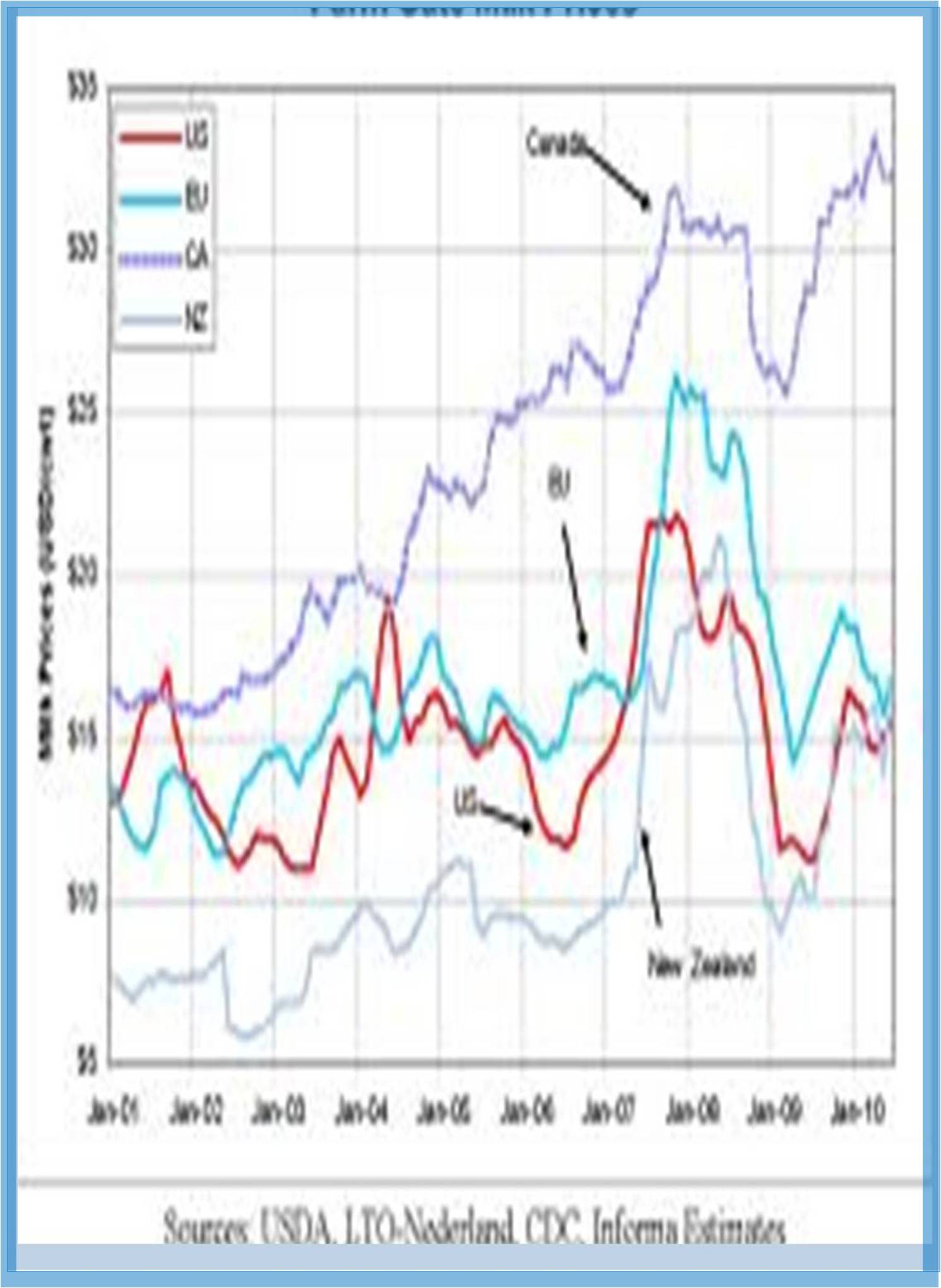



Received: 01-Feb-2022, Manuscript No. GJAEE-22-63546; Editor assigned: 03-Feb-2022, Pre QC No. GJAEE-22-63546(PQ); Reviewed: 17-Feb-2022, QC No. GJAEE-22-63546; Revised: 25-Feb-2022, Manuscript No. GJAEE-22-63546(R); Published: 04-Mar-2022, DOI: 10.15651/GJAEE-22.10.002
Economics is the science of studying human behavior, and the relationship between purpose and rare means has other uses. Economics is a social science with an interest in many other disciplines, including political science, geography, mathematics, sociology, psychology, engineering, law, medicine and economics. Production and employment, investment and savings, health, money and banking system, government tax and spending policy, international trade, industrial organization and regulation, urbanization, environmental issues, legal affairs such as design and enforcement of property rights. Economics it’s just one example of the underlying concerns.
Achieving the most satisfying allocation of our resources is very important, and studying allocation issues will improve our ability to make both daily and lifelong decisions. Macroeconomics studies how the economy as a whole behaves, including inflation, price levels, growth rates, national income, gross domestic product and changes in employment rates.
The Department of Economics cannot be defined as a science that studies wealth, war, crime, education and other disciplines to which economic analysis can be applied. But as a science that explores each particular common aspect of these subjects (all of which use scarce resources to achieve the desired goals). The actions and interactions of economic agents and the functioning of the national economy microeconomics is a field which analyzes what's viewed as basic elements in the economy, including individual agents and markets, their interactions and the outcomes of interactions.
A field of science for politicians or legislators whose purpose is to provide the public with sufficient income or livelihood and to provide the state or administration with income for public services mainstream economic theory relies on a priori quantitative economic models that use a variety of concepts . Theory typically proceeds with an assumption of ceteris paribus, which requirements, more precise in predictions and more effect in generating additional research than means holding constant explanatory variables other than the one under consideration. When creating theories, the objective is to find ones which are at least as simple in information prior as well as methodological framework, economic theory can also take the form of other schools of thought such as in heterodox economic theories.
Schools of Economic Theory
There are many competing, conflicting, or sometimes complementary theories and schools of thought within economics. Economists employ many different methods of research from logical deduction to pure data mining. Economic theory often progresses through deductive processes, including mathematical logic, where the implications of specific human activities are considered in a "means-ends" framework. This type of economics deduces, for example, that it is more efficient for individuals or companies to specialize in specific types of labor and then trade for their other needs or wants, rather than trying to produce everything they need or want on their own. It also demonstrates trade is most efficient when coordinated through a medium of exchange, or money. Economic laws deduced in this way tend to be very general and not give specific results: they can say profits incentivize new competitors to enter a market, but not necessarily how many will do so. Still, they do provide key insights for understanding the behavior of financial markets, governments, economies and human decisions behind these entities.
Economics can be used to study other things, such as war, that deviate from the usual focus on certain aspects of the behavior imposed by the effects of shortage. We cannot define economics as the science that studies wealth, war, crime, education, and any other field economic analysis can be applied to; but, as the science that studies a particular common aspect of each of those subjects ,they all use scarce resources to attain a sought after end.
This is because war has the goal of winning as a desirable goal and generating both cost and profit. Resources like human life and other costs are used to reach the goal. If the war cannot be won, or if the expected cost outweighs the profits, the main player assuming reasonable never goes to war and considers other options instead.